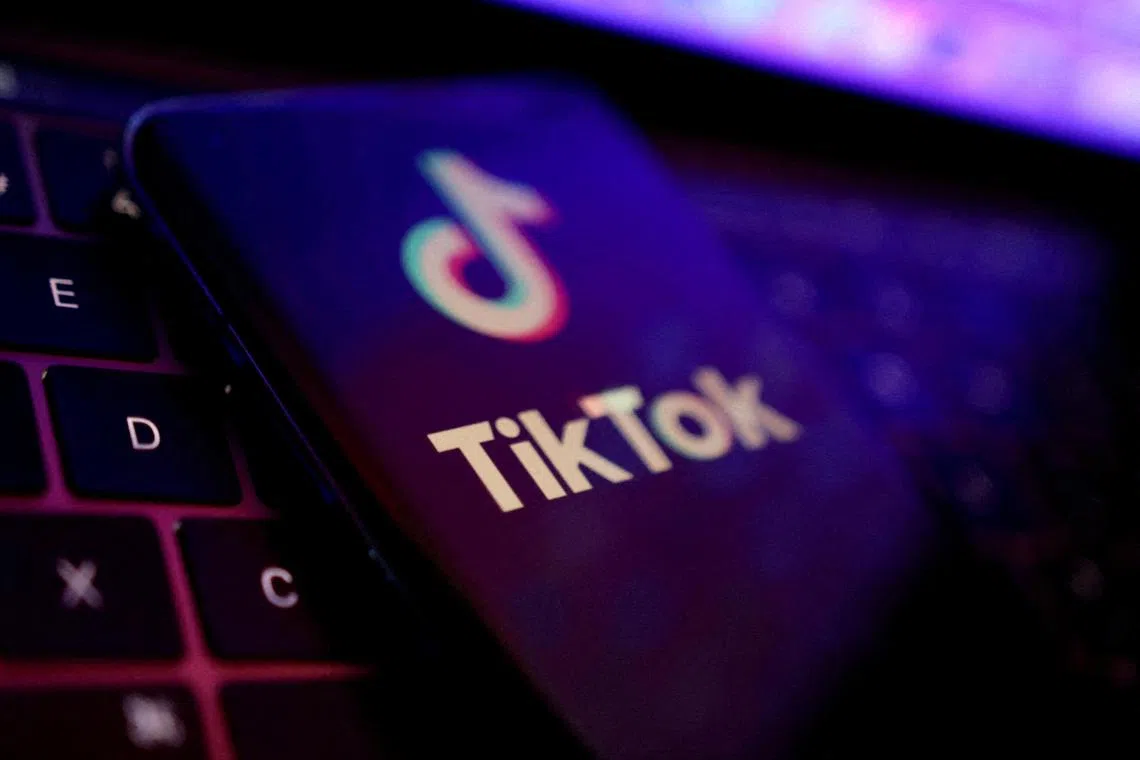For subscribers
How China Inc is tackling the TikTok problem
A CEO’s guide to doing business amid anti-Chinese sentiment
Sign up now: Get ST's newsletters delivered to your inbox

Several countries, led by America, are discussing full bans on TikTok.
PHOTO: REUTERS
American-football fans munching potato crisps at Super Bowl parties last month were treated to an unexpected television commercial.
This is a critical moment for Chinese companies in the West. On the one hand, Chinese brands have never been more popular in America. Just behind Temu in American iPhone downloads are CapCut, a video editor, and TikTok, the short-clip time sink. Shein, a fashion retailer, ranks above Spotify and Amazon. This year, it may pull off one of the world’s biggest initial public offerings (IPO) in New York.


